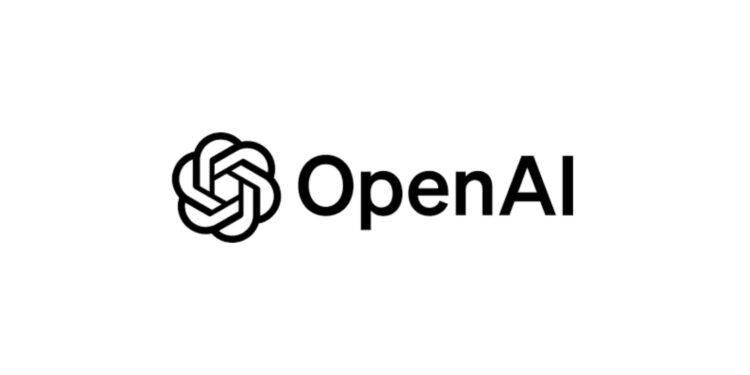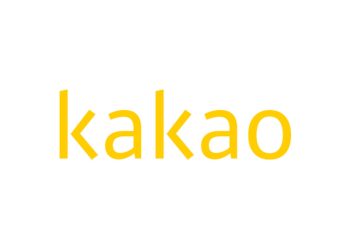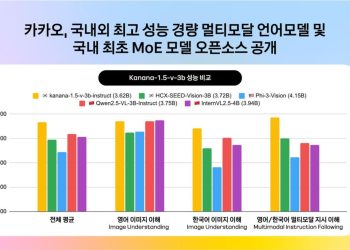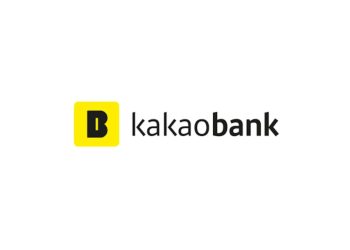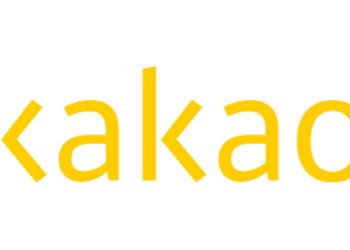OpenAI is expanding its presence in Asia through a strategic collaboration with Kakao, South Korea’s leading tech company and operator of the widely used messaging app KakaoTalk. This partnership aims to develop AI products tailored for the Korean market, allowing Kakao to integrate OpenAI’s technology into its services. The announcement, made by OpenAI CEO Sam Altman and Kakao CEO Chung Shina in Seoul, is the second major alliance OpenAI has secured with a prominent Asian partner this week.
In addition to the Kakao deal, Altman met with executives from Samsung Electronics, SoftBank, and Arm Holdings during his visit to Seoul. SoftBank’s Masayoshi Son confirmed that discussions included the Stargate AI data center project in the U.S. The Kakao collaboration is expected to be crucial in helping OpenAI train its AI systems on more Asian-language content and user behavior.
The Kakao partnership marks a crucial step for OpenAI in expanding its AI footprint in Asia, especially as Kakao plans to launch Kanana, a conversational AI-powered messenger app, later this year. Instead of building its own large language model, Kakao will adopt AI orchestration, coordinating various AI systems to operate efficiently. OpenAI’s technology will be crucial in powering Kanana and will be integrated into KakaoTalk, South Korea’s dominant messaging app. Kakao will also become a customer of OpenAI’s services, utilizing ChatGPT Enterprise for its internal operations. The collaboration has already sparked positive market reactions, with Kakao’s shares jumping 9% following the announcement.
OpenAI’s partnership with Kakao comes on the heels of an important deal with SoftBank, which allocated $3 billion to integrate OpenAI’s technology across its operations and subsidiaries, alongside the creation of SB OpenAI Japan. This joint venture aims to develop AI solutions tailored for businesses in Japan. Altman’s visit to Seoul also includes discussions around the Stargate AI data center project, a collaboration between OpenAI, SoftBank, and Oracle, which aims to build advanced AI infrastructure in the U.S.
During his visit to South Korea, Altman highlighted the country’s advanced adoption of AI, particularly in industries like energy, semiconductors, and internet services, making it a key market for OpenAI. He emphasized that the collaboration with Kakao would help OpenAI extend its reach and further improve its language models, incorporating more Asian-language content and user data. This partnership is particularly timely as Chinese AI company DeepSeek has made waves by offering similar capabilities to OpenAI’s ChatGPT at a lower cost, creating competitive pressure in the global AI landscape.
Beyond Kakao and SoftBank, Altman’s trip also included meetings with prominent South Korean companies such as Samsung Electronics and SK Group. These companies are integral to developing the AI ecosystem, especially in producing high-bandwidth memory chips that are crucial for AI processors. Altman expressed interest in collaborating with these firms to enhance OpenAI’s capabilities and infrastructure while keeping many of the discussions confidential. The potential partnership with Samsung, in particular, could lead to further collaboration in the Stargate project, positioning South Korean companies as key contributors to OpenAI’s growth.
The rapid pace of OpenAI’s expansion in Asia, combined with its strategic partnerships in South Korea and Japan, is critical to the company’s global ambitions. By tapping into the advanced AI markets of Korea and Japan, OpenAI strengthens its presence in Asia and secures vital access to more diverse language data and regional consumer behaviors.


